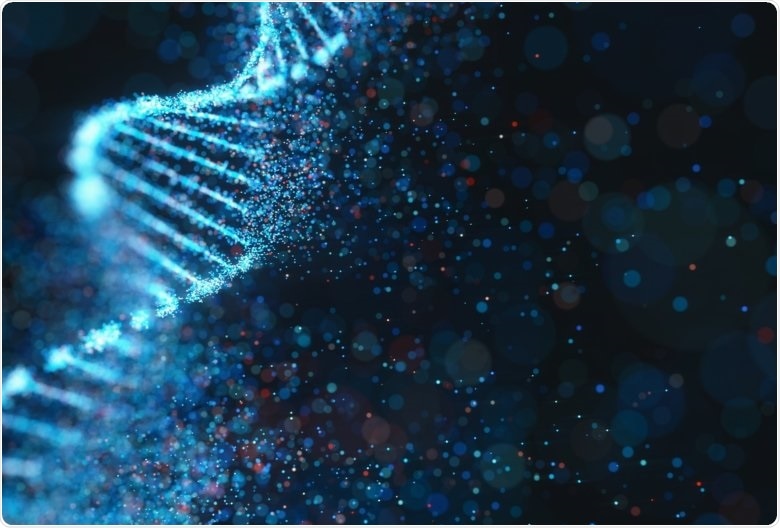A new study from Sweden’s Karolinska Institute demonstrates how some RNA molecules regulate the repair of damaged DNA in cancer cells, a breakthrough that could lead to improved cancer treatments in the future. The findings were published in the journal Nature Communications.

Image Credit: Getty Images
For a long time, it was claimed that RNA molecules—basic molecules found in all living organisms—were only involved in protein synthesis. However, a recent study reveals that RNA molecules have a much wider purpose and can play a significant role in disease development.
One such condition is cancer, in which DNA damage plays a role. DNA damage happens all the time and is repaired, however, it can sometimes result in cancerous changes in the genome. The development of novel treatments will require a fundamental knowledge of how the cells repair DNA.
The researchers looked at how particular RNA molecules affected cancer cells’ ability to regenerate radiation-damaged or broken DNA strings in this research. They observed that two types of molecules—small Cajal body-specific RNA 2 (scaRNA2) and WRAP53—coordinated to regulate the enzyme DNA-dependent protein kinase (DNA-PK), affecting DNA-repair pathways.
Works like an “on-off” button
Our findings show that some RNA can bind to an enzyme that repairs damaged DNA and operate like an ‘on-off’ button for this enzyme, thereby controlling DNA repair. We’ve also discovered that altered levels of such RNA leads to faulty DNA repair in cancer cells.”
Marianne Farnebo, Study Corresponding Author and Researcher, Department of Cell and Molecular Biology, Karolinska Institute
The researchers expect that the findings will help them better know the process of RNA in DNA repair and cancer.
“This can open up new approaches to the treatment of cancer, such as using synthetic RNA molecules to stimulate cell death in cancer cells,” Farnebo says. She was also a researcher of the Department of Biosciences and Nutrition.
Source:
Journal reference:
Bergstrand, S., et al. (2022) Small Cajal body-associated RNA 2 (scaRNA2) regulates DNA repair pathway choice by inhibiting DNA-PK. Nature Communications. doi.org/10.1038/s41467-022-28646-5.